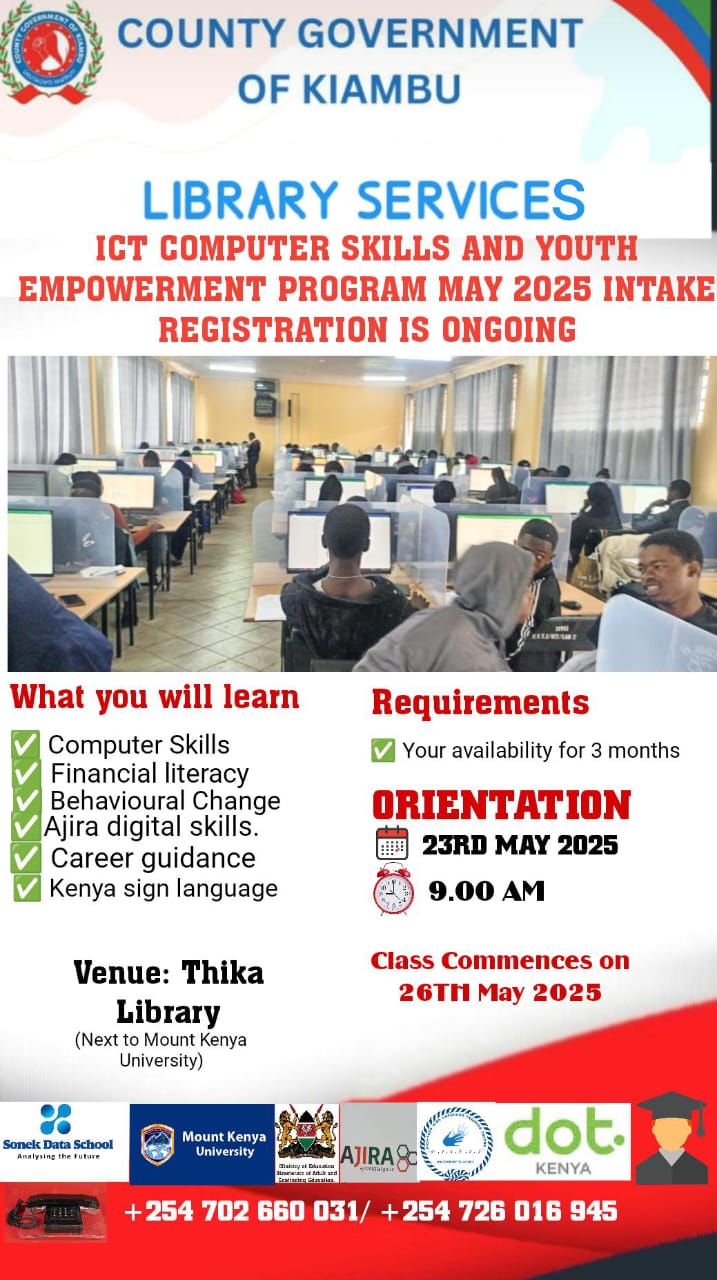Thika Municipality
Thika Municipality, located in Kiambu County, Kenya, is an industrial hub lying on the A2 road about 42 kilometers northeast of Nairobi, near the confluence of the Thika and Chania Rivers. With a population of 279,429 (as of the 2019 census), Thika is experiencing rapid growth, in line with the greater Nairobi area’s expansion. The town is known for its scenic attractions, including Chania Falls, Fourteen Falls on the Athi River, and Thika Falls, while Ol Donyo Sabuk National Park lies to the southeast. Thika also has a railway station, serving both passenger and cargo trains.
Thika’s economy is primarily driven by agricultural processing, with significant production in horticulture and pineapples exported mostly to Europe, coffee to the United States and Europe, cooking oils for Kenyan and East African markets, and animal feed processing. Other prominent industries include textiles macadamia nuts, wheat, tannery, motor vehicle assembly, cigarette manufacturing, bakeries, packaging, and industrial chemicals. The town hosts approximately 100 small-scale industries and around 50 major factories.
Additionally, Thika’s service sector is well-established, with multiple educational and financial institutions, including three universities, numerous middle-level colleges, and hundreds of secondary and primary schools. The town is externally connected by an eight-lane superhighway, highways linking to Garissa in northeast Kenya and the central highlands, and a railway line, with plans for a passenger light rail to Nairobi.









